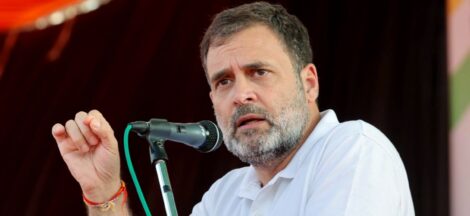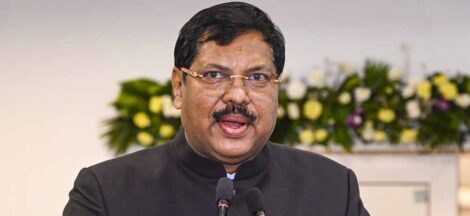Election strategist-turned-politician Prashant Kishor has declared his intention to establish a new political party on October 2, coinciding with Gandhi Jayanti. This announcement marks a significant shift in Indian politics as Kishor steps away from his role as a consultant to engage directly in political leadership.
Kishor’s decision comes after years of influencing political strategies and campaigns across various states in India. Known for his role in the successful campaigns of the Aam Aadmi Party (AAP) and the Janata Dal (United), Kishor has been a key figure in shaping political narratives and strategies. His expertise in electoral strategy and grassroots mobilization has earned him considerable recognition.
The timing of Kishor’s announcement aligns with Gandhi Jayanti, a day commemorating Mahatma Gandhi’s legacy of political and social reform. This choice of date underscores Kishor’s intent to position his new party as a vehicle for transformative change and grassroots empowerment, echoing Gandhi’s principles of non-violence and integrity.
Kishor has indicated that his new party will focus on addressing fundamental issues plaguing Indian politics, including corruption, governance failures, and economic disparity. He aims to build a platform that reflects the aspirations of ordinary citizens and fosters a more participatory political process.
While Kishor’s entry into party politics is eagerly anticipated, it also brings significant challenges. The Indian political landscape is highly competitive, with established parties dominating various regions. Kishor’s new party will need to navigate this complex environment, building a robust organizational structure and grassroots support to compete effectively.
In the build-up to the launch, Kishor has been actively engaging with potential supporters and local leaders, attempting to establish a solid base for his new political entity. His approach involves a combination of strategic outreach and public engagement to gain traction and legitimacy.
Kishor’s previous work has involved high-profile electoral campaigns, including those for the West Bengal Assembly elections and the Uttar Pradesh Assembly elections. His deep understanding of voter behavior and campaign management will be crucial as he transitions from an advisor to a political leader.
As the new party prepares for its formal launch, Kishor’s influence and reputation as a strategist will be tested in the realm of direct politics. The success of his party will depend on its ability to address voter concerns, present a clear vision, and effectively mobilize support.
The political community and observers are closely watching the developments surrounding Kishor’s new venture. His ability to translate his strategic acumen into a successful political movement will be a key factor in shaping the future dynamics of Indian politics.



